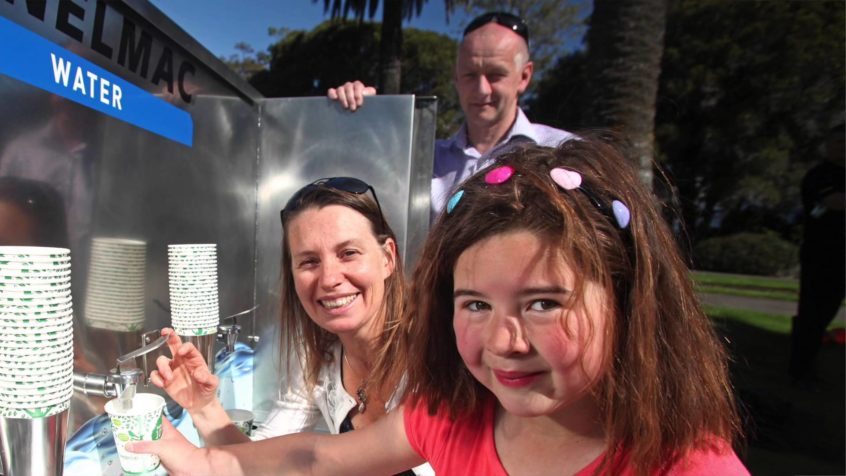We know that our food environment has a massive impact on what we eat. One of the most effective ways of improving diets is to limit access to junk food, or making healthy food choices the easy ones. However despite the obesity epidemic worsening and the potential overload on our health system as a result, both central and local government are reluctant to make significant changes to our food environment. Instead local communities are leading the push for change.
Mayoral candidates sidestep issue
We recently asked a number of mayoral candidates in Wellington, Auckland and Christchurch if they had a healthy food and drinks policy and whilst many said they knew junk food was a problem, not a single one was proposing implementing a policy.
There are a few exceptions to this. Auckland mayoral candidate Chloe Swarbrick has called for tighter controls on locating fast-food outlets in poorer communities. Encumbent Nelson Mayor Rachel Reese has also removed sugary drinks from all council venues and events. They installed more water fountains and made water free and readily available at council events. If only more councils would follow Nelson’s lead.
Limiting access to sweet drinks is the low hanging fruit. Sweet drinks contain no nutritional value, are packed with sugar (which makes us obese and ill) and do serious damage to children’s teeth, especially if there is no fluoride in the water supply!
Calorie rich, nutrient poor junk food is ubiquitous, at sports fields, play areas, swimming pools etc. It is hard to avoid and even harder for parents to find a healthy option. We need to make the healthy choice the easy choice. Sweet drinks are a good place to start because there is no reason that they need to be provided in public spaces; water should be provided for free and is a much healthier option. Public premises should not be contributing to the huge burden our health system faces as a result of junk food.
DHBs and schools
We’ve seen DHBs implement a policy to remove sugary drinks from hospitals, thanks to leadership from Nelson Marlborough DHB. The Ministry of Education has encouraged schools to do the same; and while we have seen some progress uptake is generally disappointingly slow.
It makes sense to have healthy food and drink policies at council venues too, especially venues where children congregate such as pools. But if the response from the mayoralty candidates is anything to go by, this is unlikely to happen anytime soon.
Communities taking action
There is ray of hope, but that is coming from communities standing up, rather than politicians. Some of these communities taking action are part of the Government’s Healthy Families programme, which is operating in ten communities around the country.
In Auckland, due to the lack of action by the council, communities have taken the initiative and lobbied politicians to remove sugary drinks from vending machines. As a result the council has agreed to remove sugar-sweetened beverages from its 21 leisure centres across Auckland. It’s a good start but a long way from removing sugary drinks from all council venues and events. And it is even further from the overarching healthy food and drink policy that is needed.
More and more we are seeing that communities and individuals are going to have to take the lead on improving the food environment. There are examples all over the country, most recently a dairy near Rotorua has taken action into its own hands and has pledged to stop selling Coca-cola. We also know students in Otaki convinced their local supermarket not to sell sugary drinks to kids in uniform, students in Hamilton have done the same thing with local dairies – it is happening all over the country driven by communities.
Local politicians need to get serious about the health and well being of their communities and start thinking about the food environment. Having robust food and drink policies and making healthy choices easier to come by could really make a difference. In the absence of leadership from our politicians, people and communities need to start agitating for change. Ask your school, early childhood centre, church or marae to make a change for a healthier community and remove sugary drinks.
If you want to take action in your community, below you can download a sample letter to send your school. You can also send them a “water only” policy template that has been designed by the Ministry of Education.
Download now
